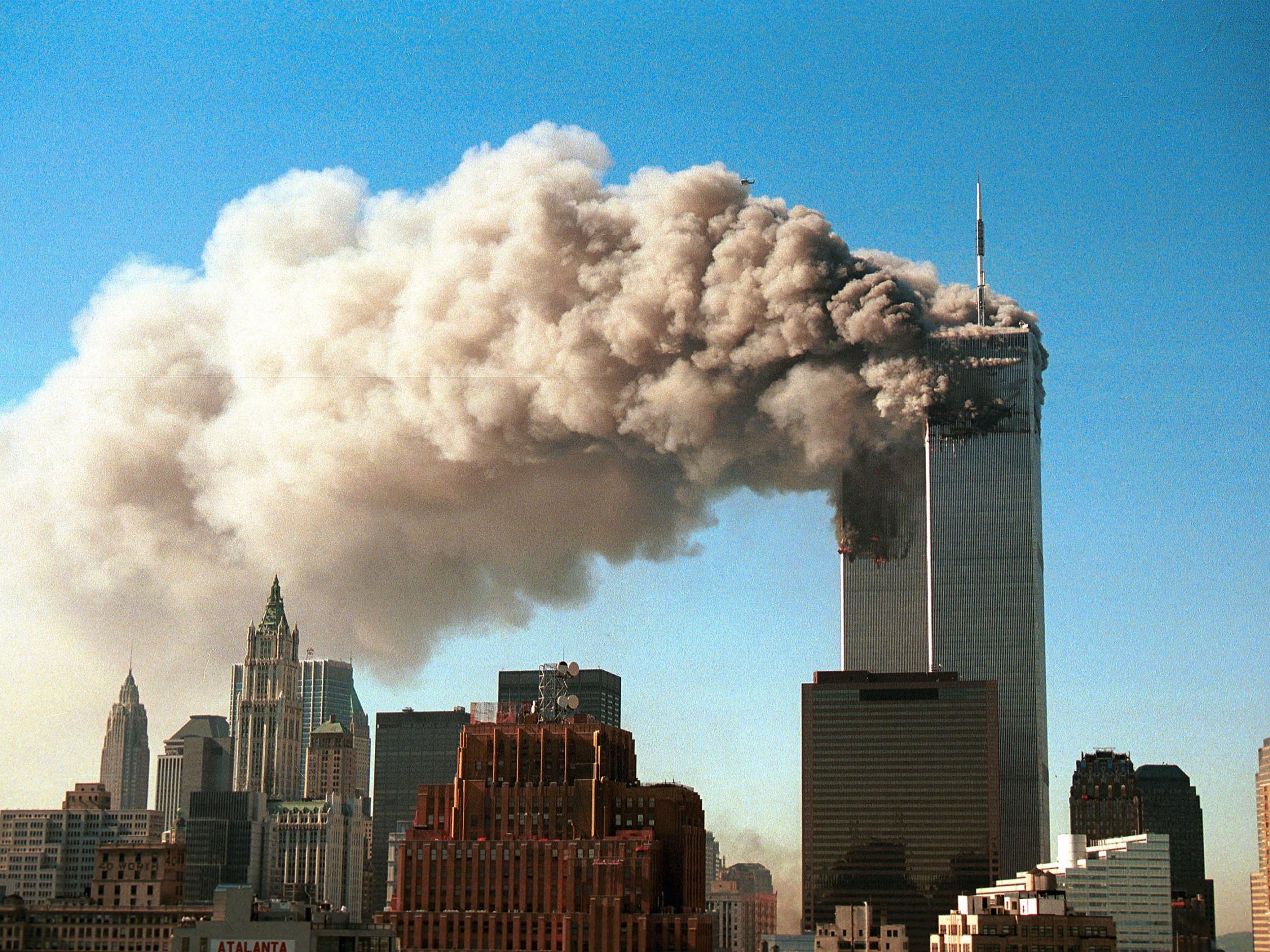What is 'dread risk' – and will it be a legacy of coronavirus?
When homo sapiens was divided into small tribes of hunter gatherers the simultaneous death of a large number of members of a group would have threatened its very existence – so actions that entailed that risk, however small, were especially dreaded and avoided

Last month the Bank of England’s chief economist, Andy Haldane took part in a Royal Economic Society webinar in which he gave a brief overview of the challenges for the economy coming out of the pandemic.
“We know from behavioural psychologists that events like this that are large and life threatening and widespread in their impact leave lasting psychological scars,” he said.
“There is dread risk.”
So what actually is dread risk?
And why could it be economically harmful?
What is it?
The psychologist and risk expert Gerd Gigerenzer describes a dread risk as “a low-probability, high-damage event in which many people are killed at one point of time.”
By low probability he means an event that does not happen regularly.
As an example of a dread risk he cites the September 11 terror attacks in New York.
Why is a dread risk different from ordinary risks?
A key difference in the different perception of a dread risk and an ordinary risk seems to be many people dying simultaneously.
So a nuclear plant meltdown, for instance, might kill far fewer people than obesity, but the nuclear meltdown is perceived as more “dreadful” as a risk than the prospect of heart disease because it would kill more people at the same time.
Some argue that the psychological perception of dread risk has its origins deep in human history.
When homo sapiens was divided into small tribes of hunter gatherers the simultaneous death of a large number of members of a group would have threatened its very existence – so actions that entailed that risk, however small, were especially dreaded and avoided.
What has this got to do with the pandemic?
Andy Haldane regards the coronavirus pandemic - with a death toll that has been higher than many wars of recent decades – as something that comes into the category of a dread risk.
And he fears the shock of it will leave many people mentally scarred and prone to over-estimate dangers.
“That risks encouraging the sorts of precautionary behaviour by companies and households that risks pushing us into what [the economist John Maynard] Keynes called the paradox of thrift – a long period of subpar aggregate demand in the economy.”
In other words, households and businesses might not spend their incomes in the way they would in normal times and that this will hurt overall economic growth – and thereby incomes and employment.
But isn’t dread risk justified?
Another feature of a dread risk according to psychologists is that people tend to misjudge the likelihood of the catastrophic event occurring
So people think a plane crash, for instance, is more likely to happen that it is based on the statistical records.
And this can have perverse impacts. Gigerenzer calculates that because so many Americans avoided flying after the 911 attacks – choosing to travel by road instead - that more Americans probably died in the additional traffic accidents that resulted than were killed on the four hijacked planes.
The circumstances, however, are now are different than they were after 911.
In the absence of a vaccine the risk of a second wave of the disease is hard to quantify but it is not small.
One might argue that people are not over-reacting if they save rather than spend in anticipation of another lockdown.
Moreover, some analysts argue that though our response to dread risk might seem like an overreaction on an individual level – a bias - it can, even today, make rational sense from a species survival perspective.
Subscribe to Independent Premium to bookmark this article
Want to bookmark your favourite articles and stories to read or reference later? Start your Independent Premium subscription today.

Join our commenting forum
Join thought-provoking conversations, follow other Independent readers and see their replies